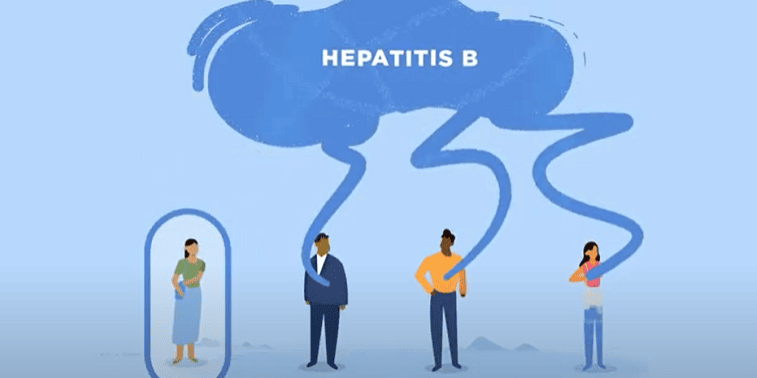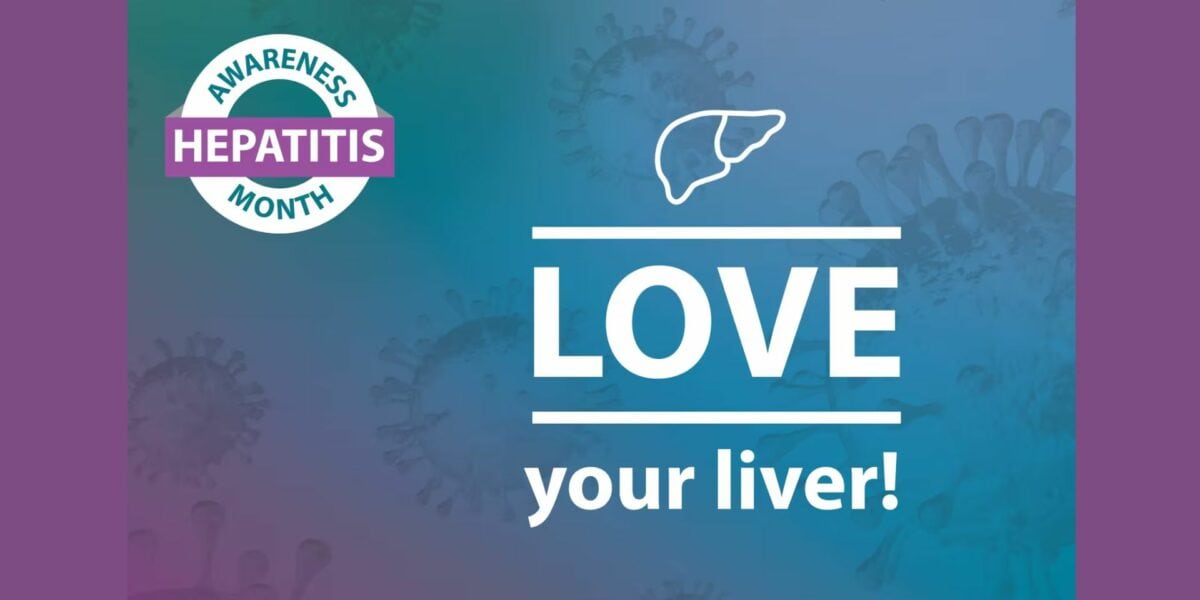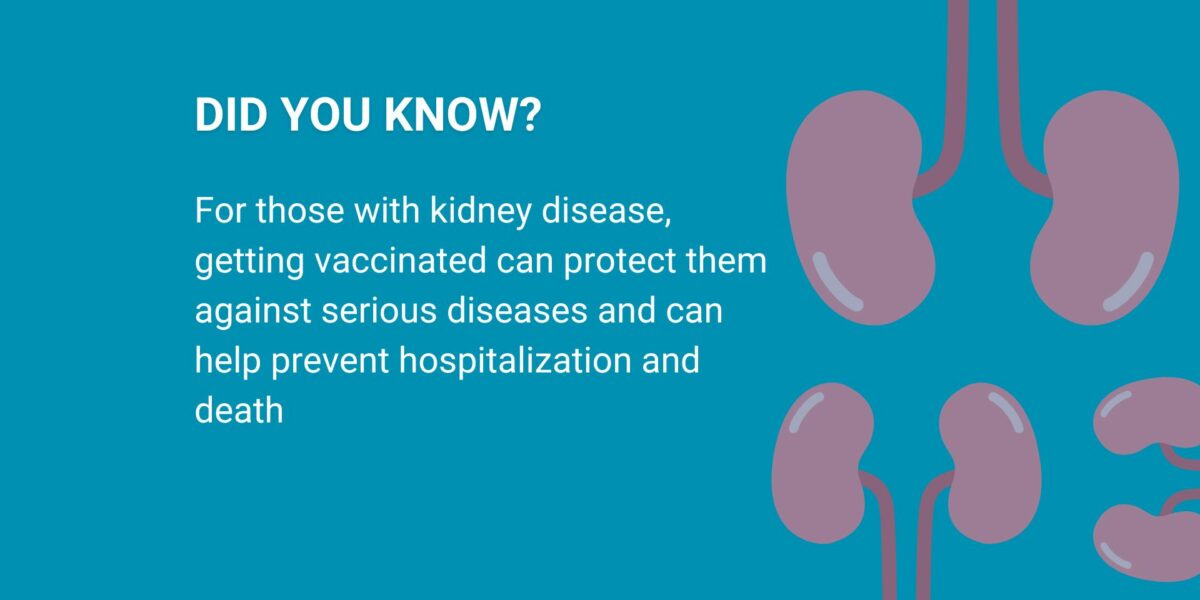
 May is Hepatitis Awareness Month, a time to increase public awareness about hepatitis B and celebrate the contributions of community organizations working on the frontlines to eliminate viral hepatitis. Special thanks to Kate Moraras, director of Hep B United (HBU) for this guest blog post. HBU is a national coalition dedicated to reducing the disparities associated with hepatitis B virus (HBV) by increasing awareness, screening, vaccination, and linkage to care for communities at risk across the US.
May is Hepatitis Awareness Month, a time to increase public awareness about hepatitis B and celebrate the contributions of community organizations working on the frontlines to eliminate viral hepatitis. Special thanks to Kate Moraras, director of Hep B United (HBU) for this guest blog post. HBU is a national coalition dedicated to reducing the disparities associated with hepatitis B virus (HBV) by increasing awareness, screening, vaccination, and linkage to care for communities at risk across the US.
Hepatitis B, a vaccine-preventable disease, affects more than 2 million people in the US, a majority of whom are unaware of their infection. Chronic hepatitis B can slowly destroy the liver over many years, increasing the risk of serious liver diseases like cirrhosis (liver scarring) and cancer. Hepatitis B is the leading cause of liver cancer worldwide, and is second only to tobacco as a cause of human cancer. Although anyone can contract hepatitis B, Asian and Pacific Islanders are disproportionately impacted.
During the COVID-19 pandemic in the US, people with hepatitis B have faced increased challenges in accessing medical care and treatment due to delayed appointments and de-prioritization of routine hepatitis or primary care services. Not only have patients had to adjust to telemedicine, but they also experienced difficulty getting antiviral refills and disruptions in mail-order delivery. Others have had trouble navigating specific health information related to COVID-19 for people with liver disease and concerns related to the safety and efficacy of COVID-19 vaccines for people living with hepatitis B and liver disease.
Infectious diseases and public health threats, including hepatitis B, do not disappear during pandemics, but instead are exacerbated …
The past year also has been particularly challenging for community-based organizations (CBOs) that provide direct public health services such as HBV education, screening, and vaccination. A 2020 survey by Hep B United found that nearly two-thirds of CBOs providing viral hepatitis services received inadequate or no funding to adapt during the pandemic. Many CBOs were not able to offer hepatitis testing, vaccination, or community outreach, and more than half had to furlough or lay off staff.
Despite these challenges, organizations have adapted resources and programs to the new reality. Creative strategies used to adjust include an increased social media presence for HBV awareness, contactless HBV lab testing, client outreach and follow-up via phone calls and email, distribution of HBV materials alongside COVID-19 education, and hosting drive-through educational events, among others.
If the COVID-19 pandemic has shown us anything, it is the dedication, passion, and resilience of under-resourced CBOs to persevere in the most challenging times and continue their mission to eliminate viral hepatitis.
Learn More about Hepatitis B
HBU recommends three steps to help protect against hepatitis B:
- Get tested: Hepatitis B can easily be detected with a quick and simple blood test, often available for free or reduced cost at a healthcare professional’s office or clinic.
- Get vaccinated: There are safe and effective vaccines that can provide lifelong protection from the virus. All newborns should receive hepatitis B vaccination at birth, and vaccination is also recommended for older children and adolescents who were not previously vaccinated, as well as certain adults.
- Get treated: If you test positive for hepatitis B, talk with a healthcare professional who is knowledgeable about hepatitis B for regular monitoring and to find out if treatment is appropriate to help reduce the risk of further liver damage.
HBU provides culturally and linguistically responsive HBV education, prevention, and treatment services to highly impacted populations—communities that often experience inequities in healthcare access. Learn more at www.hepbunited.org.
Help spread the word about the importance of hepatitis B prevention, using sample social media posts and videos from NFID.
To join the conversation and get the latest news on infectious diseases, follow NFID on Twitter using the hashtag #PreventHepatitis, like us on Facebook, follow us on Instagram, visit us on LinkedIn, and subscribe to receive future NFID Updates.
Related Posts

Infectious Diseases in the News
Read recent news of interest from the world of infectious diseases including insights and updates on COVID-19, handwashing, hepatitis, malaria, measles, and respiratory syncytial virus (RSV) …

Protecting Patients with Liver Disease
May is Hepatitis Awareness Month, a reminder of the importance of preventing and treating viral hepatitis …

3 Things You Need to Know about Kidney Disease and Vaccines
It is important for people with kidney disease to understand how critical vaccination can be for their health and well-being
